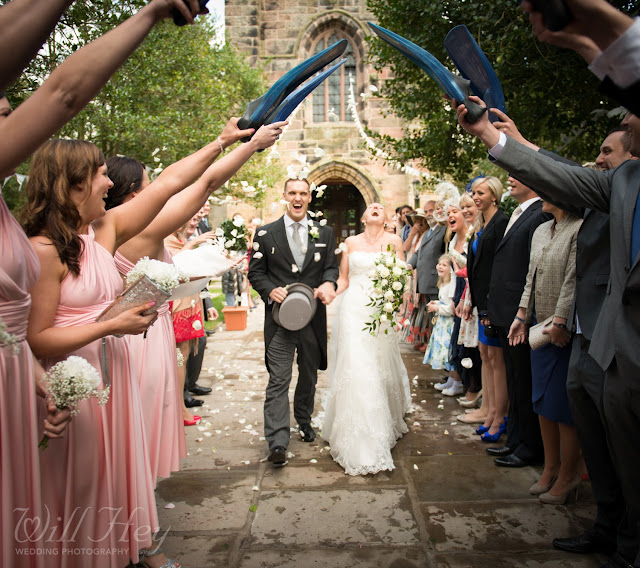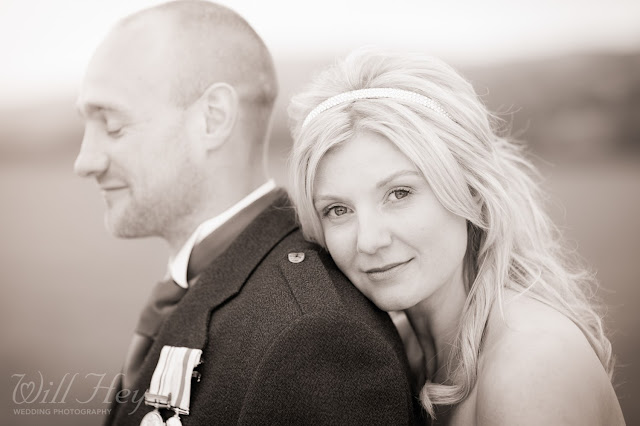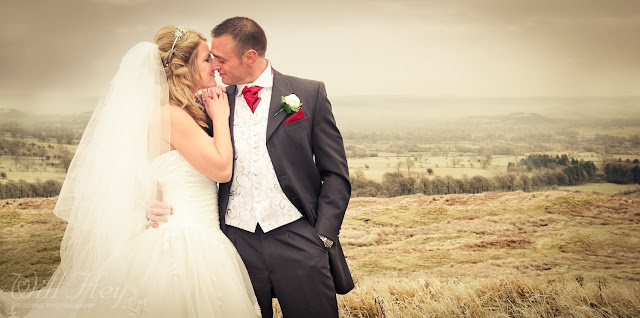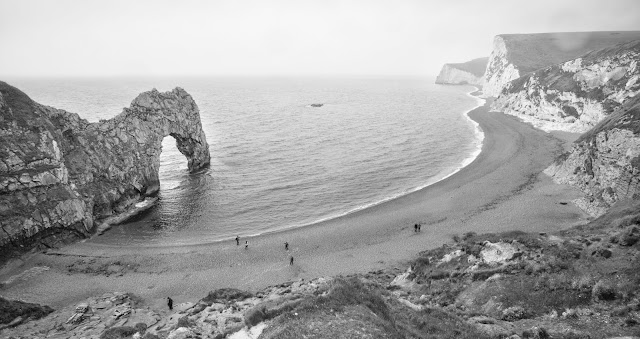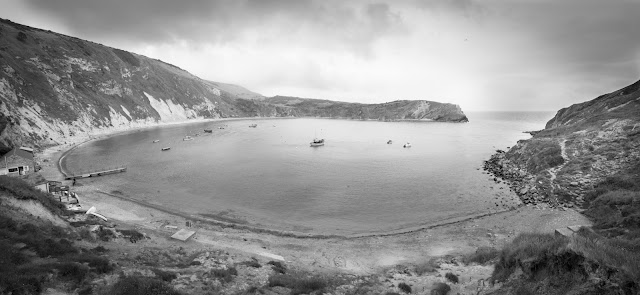Chances are that unless you work in the fashion industry it is not often you will employ a photographer, leaving you a bit stuck in terms of what to expect and what to provide on the day. Luckily knowing a few simple facts can help you get the very best out of your wedding photographer.
1. When making your selection, choose one whose artistry you trust and then let them go for it.
Once you have made the decision of who to hire, rely on your judgement and theirs. Part of what you are paying for is a professional artistic eye and their experience in the wedding industry. That said, it’s OK to send over photos of other artists to give the photog an idea of your preferred style. Any good photographer takes pride in their creative ideas and “the hunt” for the money-shot reigns supreme but it is always interesting to take on new ideas and perspectives.
2. Separate the Weekend Warriors from the Real Deals.
Now that bigger box stores sell DSLR cameras, there are many non-professionals who mistakenly think that wedding photography is an easy way to make money. The request of a simple equipment list will go far to make the distinction between the hobbyist and the full-time professional photographer. Professionals have mucho back-up gear; camera bodies, flashes, lenses, etc. and can easily describe to you what is in their arsenal. The weekend warrior typically doesn’t have the resources to provide the appropriate back-up equipment. Back-up gear is an absolute necessity (and, no, a camera phone doesn’t count!). Also, any professional is going to protect themselves with a business liability insurance policy. It’s completely ok to ask anyone you are interviewing if they carry any.
3. Read your contract.
The contract exists to protect both you and the photographer so take the time to read through it. I know it seems like a no brainer, but you would be surprised at how many people do not do this. Make sure you know what you are responsible for and also what you are getting out the deal in terms of coverage, albums and images.
4. On the wedding day, set aside an area for the photographer to shoot beautiful photos of the dress, shoes, accessories, etc.
Make sure the area is not cluttered with items and is clean. If possible, hang the dress in a pleasing manner; such as on a bed post, mirror, door frame, etc. Set out all of your accessories so the photographers can arrange in an artistic way. Many brides are purchasing specialized hangers for their dress along with utilizing specialized accessories such as “I Do” stickers for their shoe bottoms.
5. Timelines, Timelines, Timelines.
When preparing your timelines, remember to include items such as travel between locations, photographer set-up and tear down, down time, receiving line. etc. Photography does take some degree of time to set up to optimal lighting scenarios, change camera settings, etc. To get the best of your wedding photography experience, it is absolutely imperative that the photographer is allotted enough time to get the job done properly.
6. Save Big Bucks with minimal Photoshopping.
Although most photographers will perform some image manipulation as part of wedding photography package, some tasks are just not going to be included in the typical editing rates. Tanning, removal of braces, weight loss, and other cosmetic enhancements are extremely time consuming tasks for any photo editor. Wedding photographers work with massive quantities of images and it’s not practical for any photographer to include these type of edits as part of a typical package. Also, this type of editing can be very costly for the consumer. Save big by trying to take care of these things, if at all possible, naturally prior to the wedding day.
7. Above all, enjoy your day!
Just know that life is never “perfect” and some things are probably not going to go as planned. Try to let things things roll off your back since the camera doesn’t lie- you want to look and be happy on the most important day of your life!
Photography by Adrian Spencer of Will Hey Wedding Photography, a professional wedding photographer based in the High Peak near Buxton and Stockport and covering Derbyshire, Cheshire, Manchester and Sheffield.



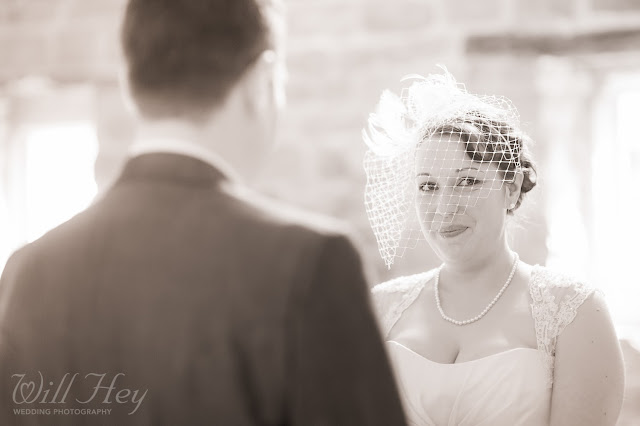
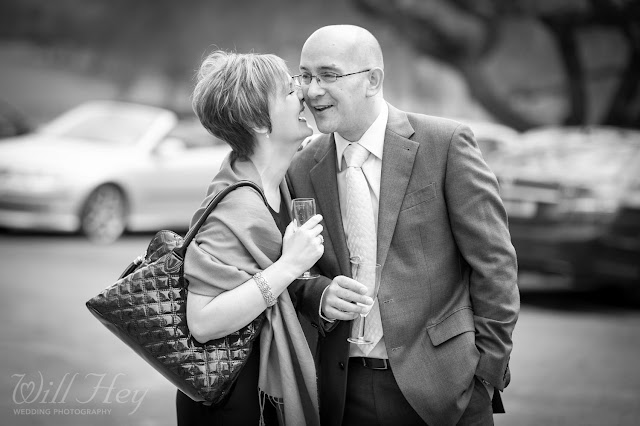

.jpg)



